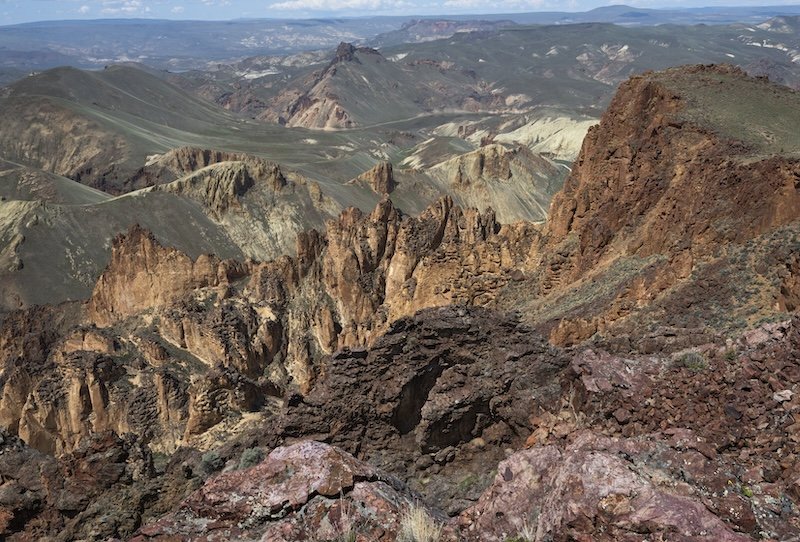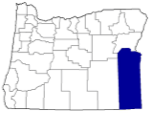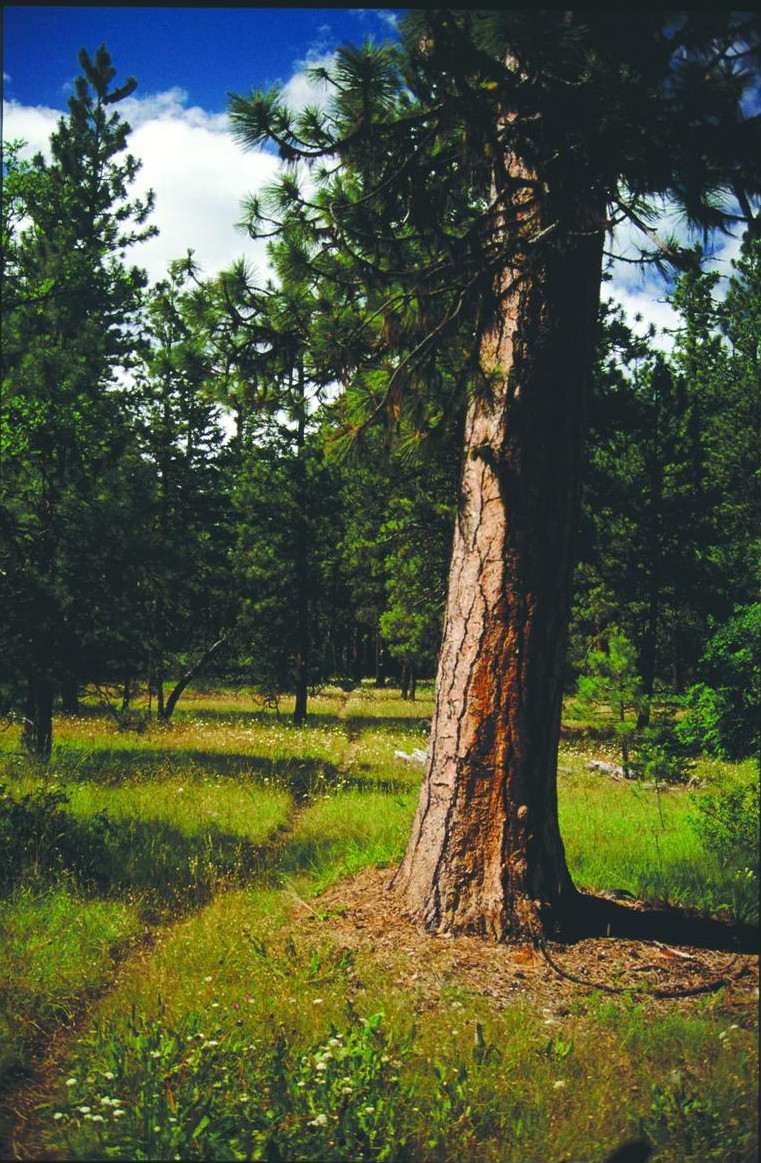Just as we went to the direct election of senators in 1913 with the Seventeenth Amendment (previously senators were elected by their respective state legislatures), we need to amend the US Constitution to provide for the direct election of the president. Getting such an amendment through the Senate and ratified by three-quarters of the states is a heavy, if not impossible, lift, given the power of the small states (see above).
An alternative might be the National Popular Vote Interstate Compact, which would bypass amending the Constitution in a creative use of the constitutional provision that says states have vast power to set the terms of federal elections in their states.
However, reform will not occur by the first Tuesday in November—er, I mean by December 20 (the day George Washington died), 2020, when the members of the 2020 Electoral College gather in their respective state capitals to officially elect the next president of the United States.
To Boot, the Gerrymandered Senate Is Likely to Worsen
They would do more if they could, but Oregon’s Democratic senators, Ron Wyden and Jeff Merkley, are able to achieve less lasting congressional conservation for Oregon’s federal public lands because they are in the minority in the Senate.
In the 2018 election, Democrats running for the US Senate received twelve million more votes than Republicans running for the US Senate. The result is that Republicans hold fifty-three seats to the Democrats’ forty-seven.
For the US Senate, gerrymandering is baked into the US Constitution, and gerrymandering is likely to become more anti-Democratic Party over time. According to David Birdsell, dean of the Marxe School of Public and International Affairs at Baruch College, by 2040 it is likely that 70 percent of Americans will live in fifteen states. They will be represented by thirty senators. The other seventy senators will represent 30 percent of Americans. The red-blue / urban-rural / liberal-conservative / coast-flyover divides will increase.
Some kind of Senate reform should also be undertaken.
Who Am I Supporting for President?
In case you couldn’t tell, I will not be voting for Donald John Trump.
I also won’t be voting for a third-party candidate, because in the U.S. winner-take-all system, such a vote is effectively a vote for the major party candidate you most don’t want.
However, by the time I vote in the Oregon presidential primary on May 19, all but five presidential primaries or caucuses will already have been done, so my vote is not likely to be consequential.
So vote schmote, who am I supporting for the Democratic nomination for president? Earlier, I sent money to Washington governor Jay Inslee, wanting him to advance in the presidential debates to bring attention to the existential threat of the climate crisis. He is now seeking another term as governor. I’ve not yet given money to any other candidate, but I want the Democratic nominee to be the one most likely to garner at least 270 votes in the Electoral College.
While this election, like nearly all elections, is about turning out the base, this Electoral College election is all about swinging enough of the swing states to the Democratic column. This can be done by either a more massive turnout of base Democratic voters than base Republican voters in those swing states or appealing to enough “moderates” in those states that Donald Trump needs to go. These moderates include a significant number of Democrats who voted for Obama twice and Trump once. Such moderates also include Republicans who held their nose and voted for Trump, but more against Hillary Clinton. One can only hope that the Trump stench is so horrible and pervasive that it cannot be staunched by merely holding one’s nose. However, the Democrats must offer an alternative acceptable to these swing voters in the ten swing states.
Over a beer (perhaps we would need two), we could debate which Democratic candidate has the best chance of doing that. For the reasons stated herein, I will insist on limiting the discussion to the candidate’s electability in the ten states in play.





![Figure 1. Very rare in Oregon, the fisher (Martes pennanti) has been the victim of trapping and habitat loss. It needs dense, mature forests with a deciduous component. Source: Bruce Hayward (first appeared in Oregon Wild: Endangered Forest Wilderness [Timber Press 2004]).](https://images.squarespace-cdn.com/content/v1/573a143a746fb9ea3f1376e5/1623336465041-W3D0NPLFKZWHCR3VS8KI/12bFisher+copy.jpg)
















